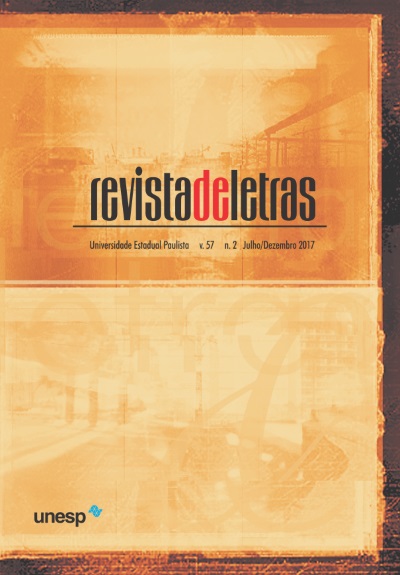The Cuban self and the Eastern Bloc: insights to the socialist countries in the Cuban autobiographical narratives
Keywords:
Autobiography, Cuba, Eastern Europe, Intelectuals, Transnacionalism, Cuban literature, Socialist realism,Abstract
Cuban autobiographical literature after 1959 has left personal testimonies of the major milestones in revolutionary cultural politics. Numerous intellectuals joined the process that started in the Island right after Fidel Castro’s victory. Cultural travels to the European Eastern countries, and the performing of diplomatic, administrative, journalistic, or cultural duties were a constant in the relationship between government and intelligentsia, particularly in the 1960’s decade. The socialist political sphere of Eastern Europe opened a horizon of connection and exploration with a stimulating Cuban utopia that wanted to taste these countries’ reality and be made known in them. These experiences have been widely narrated by Cuban autobiographers such as Nicolás Guillén, Heberto Padilla, Lisandro Otero, Manuel Díaz Martínez, and Graziella Pogolotti. From a transnational perspective, this article highlights the similarities between these biographical works and focuses on the memoir approach that offers a portrait of these socialist countries.
Downloads
Published
Issue
Section
License
Os manuscritos aceitos e publicados são de propriedade da Revista de Letras. Os originais deverão ser acompanhados de documentos de transferência de direitos autorais contendo assinatura dos autores.
É vedada a submissão integral ou parcial do manuscrito a qualquer outro periódico.
A responsabilidade do conteúdo dos artigos é exclusiva dos autores.
É vedada a tradução para outro idioma sem a autorização escrita do Editor ouvida a Comissão Editorial.

